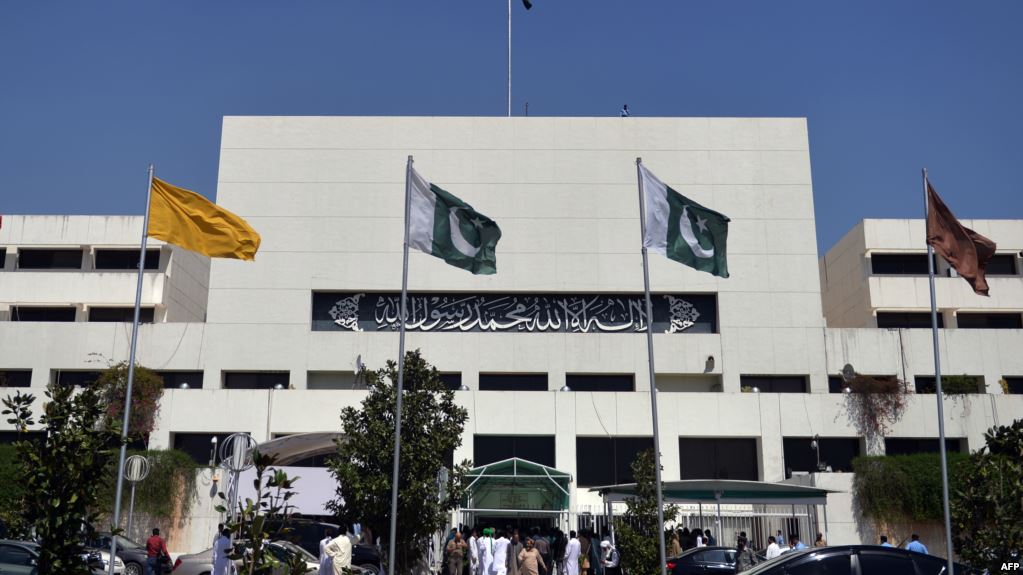A 2016 Pakistan Senate document reveals its policy of supporting anti-Modi forces within India. The document titled, “Policy Guidelines In View Of The Latest Situation-developing between India and Pakistan”, lists out several policy guidelines for Pakistan in order to tackle its bilateral relations with India. Among other things, the document claims that India threatened to unilaterally scrap the Indus Water Treaty and that the Modi government is using water as a weapon.
However, the most telling part of the document is policy guideline numbers 8 and 9. As per this guideline, Pakistan seeks to make use of the anti-Modi elements within India. Policy guideline number 8 reads, “India’s own fault-lines in their alienated Muslims, Sikhs, Christians and Dalits as well as the growing Maoist insurgency be highlighted. In this context, services of two official think tanks whose principal task is to study India, the Islamabad Policy Research Institute (IPRI) and Institute of Regional Studies (IRS) can be attached to the relevant Committees of the Parliament. Modi and his RSS ideology of Hindutva should be targeted.”
It is immediately followed by a policy guideline to reach out to the anti-Modi elements within India. Policy guideline number 9 states, “comprehensive outreach to those segments of Indian public opinion which are opposed to Modi’s extremism and his anti-Pakistan policies including political parties, media, civil society organisations and human rights groups.” These two policy guidelines, i.e. policy guideline number 8 and 9, must be read as conjunctive to each other.
There is a close relationship between the two guidelines. As per policy guideline number 8, Pakistan Senate document seems to be trying to exploit the intolerance debate which was in vogue when the document was drafted. Policy guideline number 9 is, therefore, a necessary corollary. The organisations and bodies defined therein are an elaborate definition of what can be practically and accurately called the liberal brigade. The Pakistan Senate document makes it clear that the terrorist nation wanted to join hands with the liberal brigade within India and exploit the intolerance-related propaganda against Modi government. It must be kept in mind that these policy directives were drafted by the PakistaniSenate in a desperate attempt to weaken and destabilise India.
Therefore, events like Mani Shankar Aiyar taking a pro-Pakistan attitude time and again do not come as much of a surprise. The Pakistan Senate document seems to be a perfect explanation for such distasteful comments by the anti-Modi elements within India. The liberal brigade within India has gone to the extent of criticising India time and again in the name of criticising PM Modi. Not only this, whenever a terror attack has been carried out in India by Pakistani based outfits, such anti-Modi elements have usually shifted the blame on allegedly extremist and radical Hindutva policies of the government of the day. Now, it seems that there is an unmistakable similarity between the PakistaniSenate document policy directives and the conduct of the liberal brigade within India.
The Pakistan Senate document reveals a sinister conspiracy at the instance of Pakistan to make full use of anti-Modi elements within India. What is particularly surprising is the fact that the modus operandi of the liberal brigade and the Pakistan Senate document has an uncanny similarity. This document gives a perfect explanation for several shocking events in the recent memory.
